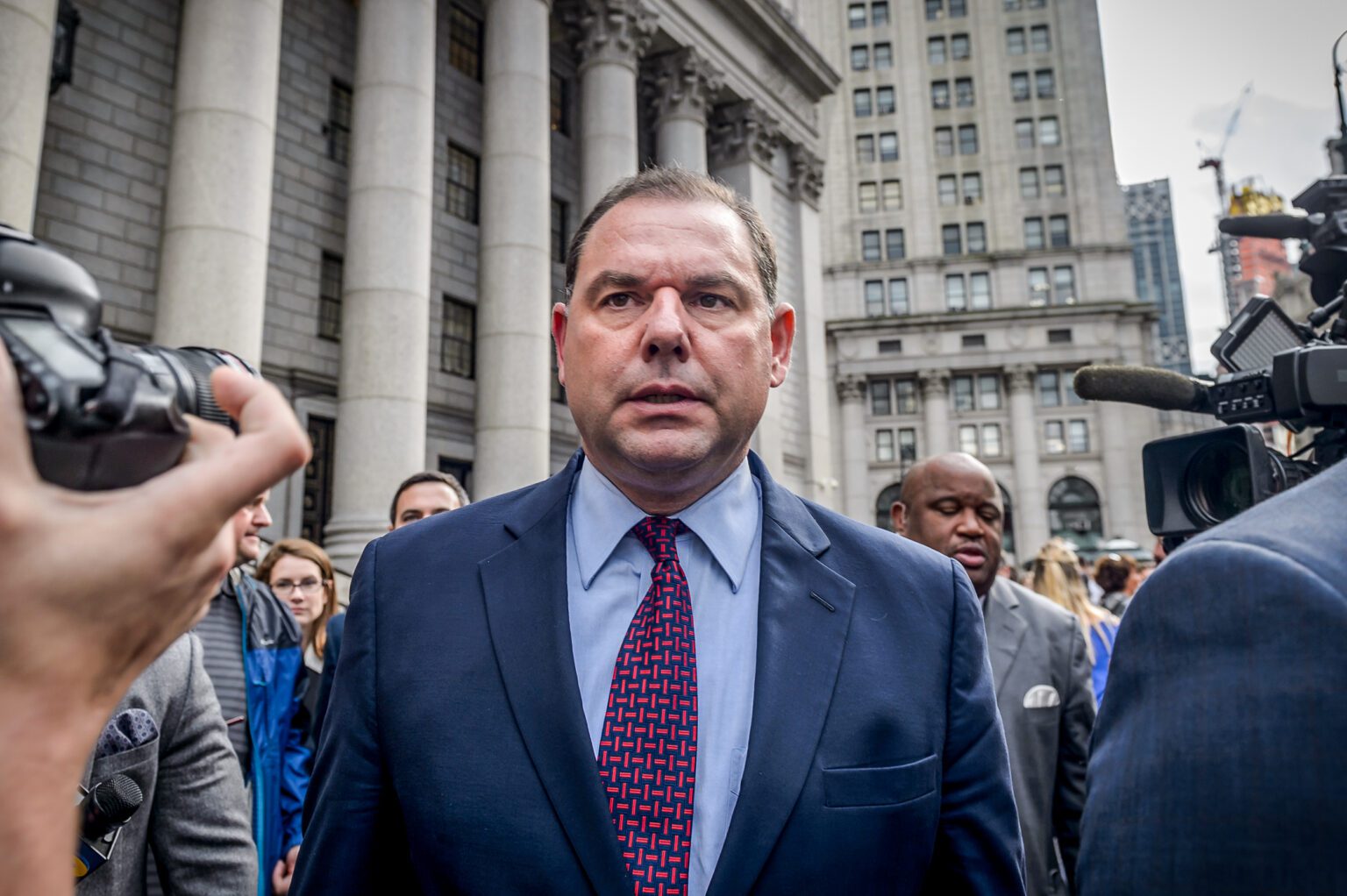Global Courant 2023-05-11 20:47:00
WASHINGTON — The Supreme Court dealt a double blow to federal prosecutors Thursday by quashing corruption convictions in two cases, including one involving an ex-assistant to former New York governor Andrew Cuomo, who was convicted of hiring of a bribe from a real estate developer.
The court overturned 9 to 0 the conviction of Joseph Percoco for accepting payment of $35,000 in running Cuomo’s 2014 reelection campaign. By doing so, the judges narrowed the scope of a federal anti-corruption law.
The court ruled that Percoco’s conduct did not fall under federal law requiring “honest services” to be provided to the public. He was not working for the government at the time, so he had no duty to provide honest services, the court said.
In a separate ruling in a related case, the court overturned the conviction of a Buffalo real estate developer in another blow to federal prosecutors.
The court ruled unanimously in favor of Louis Ciminelli, whom the government alleged had attempted to manipulate the bidding process for redevelopment contracts in the city.
In any case, the court, whose members are currently facing ethics falsification claims, made it more difficult for federal prosecutors to bring corruption cases to court.
Yaakov Roth, a lawyer for Percoco, said the ruling built on similar decisions in recent years, in which the court stressed that “the government cannot use vague fraud statutes to advance new and sweeping theories in prosecuting political actors. “
A Justice Department spokesperson declined to comment.
In Percoco’s case, prosecutors said he was only temporarily working for Cuomo’s campaign when he took payment from developer Steven Aiello, who was seeking state funds for a construction project. Percoco served as a senior assistant to Cuomo, a Democrat, from 2011 to 2016, except for eight months when he ran the campaign.
Percoco was convicted in 2018 of a charge of honest services fraud for real estate payment. During the same trial, he was also convicted of one more honest services fraud and one other charge of soliciting a bribe for arranging for Competitive Power Venture, an energy company with business for the state, to make payments to his wife.
He was sentenced to six years in prison for all three offences.
The Supreme Court did not address the question of whether the two other convictions should also be annulled, as Percoco’s lawyers had argued.
Percoco appealed to the Supreme Court after the New York-based 2nd U.S. Circuit Court of Appeals upheld his convictions in a September 2021 ruling. In the same decision, the appeals court upheld the convictions of several others targeted by the extensive investigation in New York, including Ciminelli.
In the Ciminelli case, the court rejected a legal theory that the Justice Department had relied on in other cases. According to the ‘right to control’ theory, someone commits fraud if he deprives another person of ‘potentially valuable economic information’.
The court agreed with Ciminelli’s lawyers and other critics of the theory that fraud can only be committed if there is a loss of money or property.
Several others targeted by the investigation, including Aiello, have their own appeals pending in the Supreme Court.
Cuomo, who resigned in 2021 over sexual harassment allegations, was not charged.
The Supreme Court had already narrowed the scope of bribery laws in previous rulings, most notably in a 2010 ruling in favor of Jeff Skilling, the former CEO of Enron Corp. Robert McDonnell, a Republican.








